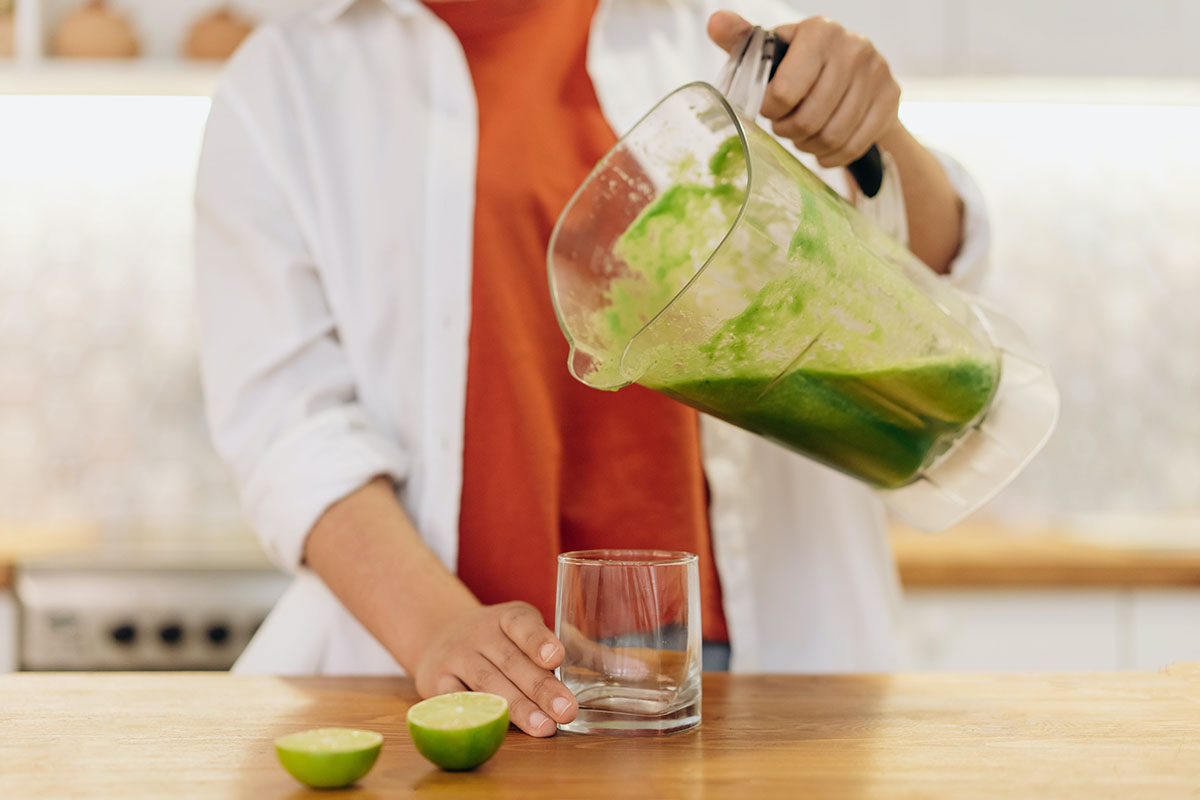If you’ve never had an oral surgery before, the thought of undergoing a treatment for All-on-4 implant dentures can seem daunting. However, there’s nothing to be worried about! Your oral surgeon will thoroughly prepare you for what’s to come, and by being proactive and meal-prepping before your treatment, you can make recovery that much easier. Read on to learn about the symptoms you can expect after your procedure and some safe foods to purchase beforehand.
What to Expect When Recovering from All-on-4 Implant Surgery
There are two tiers of diet restrictions after your surgery, including your 1-2 weeks post-surgery period and up to 3 months post-surgery. While recovery may take some patience and care, patients who have received the same procedure as you agree that the results are entirely worth the effort! While you may experience some symptoms after surgery, like minimal bleeding, some swelling, stiff jaw and jaw muscles, a sore throat, and oral discomfort, keep in mind that they’re temporary and should go away within about a week. Your oral surgeon will prescribe medication or recommend over-the-counter pain medications to help keep you comfortable throughout that time as well.
Eating and Drinking for 1-2 Weeks Post-Op
Up to about two weeks after your surgery, you’ll likely experience some general oral discomfort and a sore throat, making it difficult to eat solid foods. That’s why it’s recommended that you stick to a liquid diet until you’re able to open your mouth and swallow comfortably again.
You can begin drinking any cool liquids directly after your surgery, but try avoiding anything that’s hot for up to 48 hours. It’s crucial to stay hydrated to make a speedy recovery as well, because it will help maintain the oral tissue’s moisture, allowing for optimal healing.
Safe Foods & Beverages to Stock Up On
Here are some liquids recommended to stock up on for the first two weeks after your surgery:
- Water
- Coconut water
- Kefir drinks
- Coffee
- Tea
- Fruit juice
- Broth
- Pureed vegetable soups
- Milk
- Yogurt drinks
- Sherbet, ice cream, and frozen yogurt
It’s also a good idea to purchase a protein powder, powdered egg whites, or other protein and vitamin-rich additives that you can put in smoothies or milkshakes to help you feel full and maintain a balanced diet throughout your recovery.
With proactive preparation before your surgery takes place, you can rest-assured knowing that you won’t need to take care of any errands or run out of safe foods to eat while you’re recovering.



